x
Some beauty pageants, like the Miss America competition, have done away with the swimsuit portions of the competitions, thus dipping their toes in the 21st century. Other aspects of beauty pageants remain stuck in the 1950s, and we're not even talking about the whole "judging women mostly on their looks" thing. One beauty pageant winner was disqualified for being a mom, as if you can't be beautiful after you've had a kid. Now she's trying to get the Miss World competition to update their rules.
Veronika Didusenko won the Miss Ukraine pageant in 2018. After four days, she was disqualified because pageant officials found out she was a mom to 5-year-old son Alex, and had been married. Didusenko said she had been aware of Miss World's rule barring mother from competing, but was encouraged to compete anyways by pageant organizers.
However, pageant rules (which were created in 1951) state the women competing "must not be married or have given birth to children." They want to make sure the winner "is free and able to commit, often at short notice, to travel globally in support of the sick and disadvantaged which may be for long periods of time, often to areas devastated by natural disasters," Miss World said in a statement.
RELATED: Wimbledon finally ends sexist tradition of announcing female player's marital status
Didusenko wants that rule to change. "Why should a woman be excluded from entering, just because she's a mother? It doesn't make any sense. Being a mum doesn't have any implication on my ability to be professional or be a successful model or do my job," Didusenko told the BBC.
Didusenko says it's "patronizing" the organization thinks being a mom would stop her from fulfilling her Miss World duties. "It's not up to Miss World to decide my ability to balance career and parenting," she told CNN.
She also says the UK registered company is violating the Equality Act 2010, which flat out says you can't discriminate against marriage, maternity, and sex. "The reason Veronika was not allowed to compete in Miss World is because she was married and had a child. Quite simply, denying her the chance of competing on those bases would seem to breach those protections against discrimination," Didusenko's lawyer, Ravi Naik, said in a statement.
RELATED: The UK just banned sexist ads. It could change the way an entire generation of girls learns to see themselves
Didusenko says doesn't want to regain her Miss Ukraine title. She's fighting a larger fight. "I don't want the crown back. I want to get the rules changed for wider society," she wrote in an Instagram post. "These rules are a systemic, widespread and international policy that results in discrimination on large scale across many countries."
Didusenko wants other woman to actually have the opportunity she almost had. "I felt so bad because it's not just my story, it's the story of thousands of women around the world who maybe want to take part but I don't have the possibility to enter because they are mothers," she told BBC Newsbeat.
It's time we relax some of the beauty pageant standards that were set in the last century. Sexism isn't a good look on anyone.
















 Female groundhog emerging from her burrow in late January.Stam Zervanos, Author provided
Female groundhog emerging from her burrow in late January.Stam Zervanos, Author provided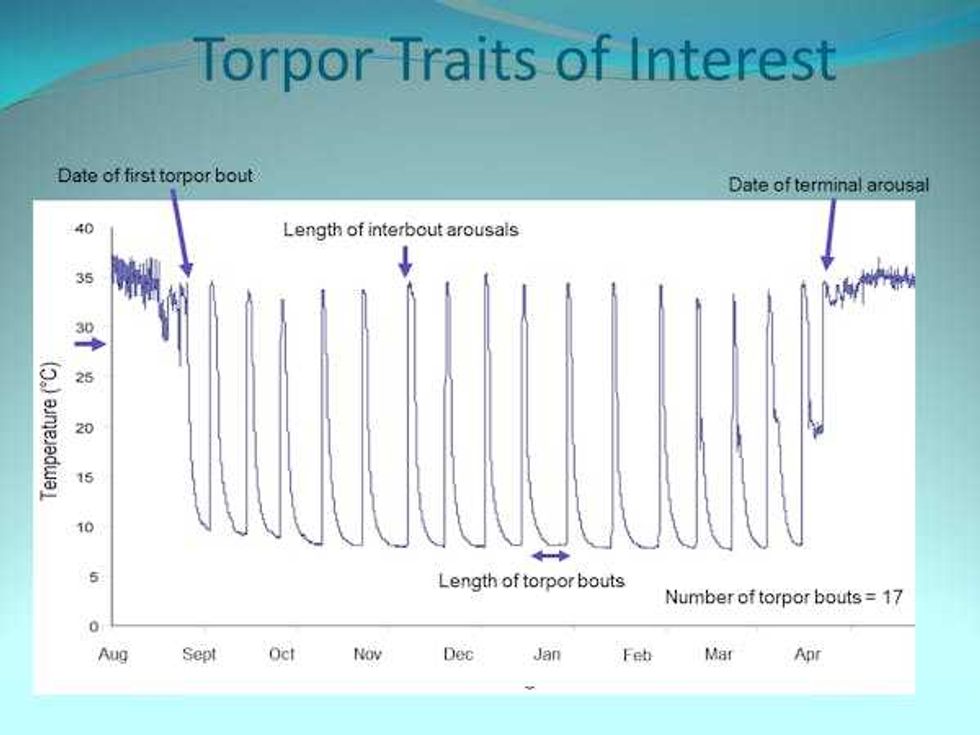 This Maine groundhog had 17 torpor bouts where body temperature went up and down.Stam Zervanos, Author provided
This Maine groundhog had 17 torpor bouts where body temperature went up and down.Stam Zervanos, Author provided Male groundhog (on the right) greeting a female groundhog for the first time after they emerge from their separate burrows.Stam Zervanos, Author provided
Male groundhog (on the right) greeting a female groundhog for the first time after they emerge from their separate burrows.Stam Zervanos, Author provided
 A beluga whale frolicking in the oceanCanva
A beluga whale frolicking in the oceanCanva 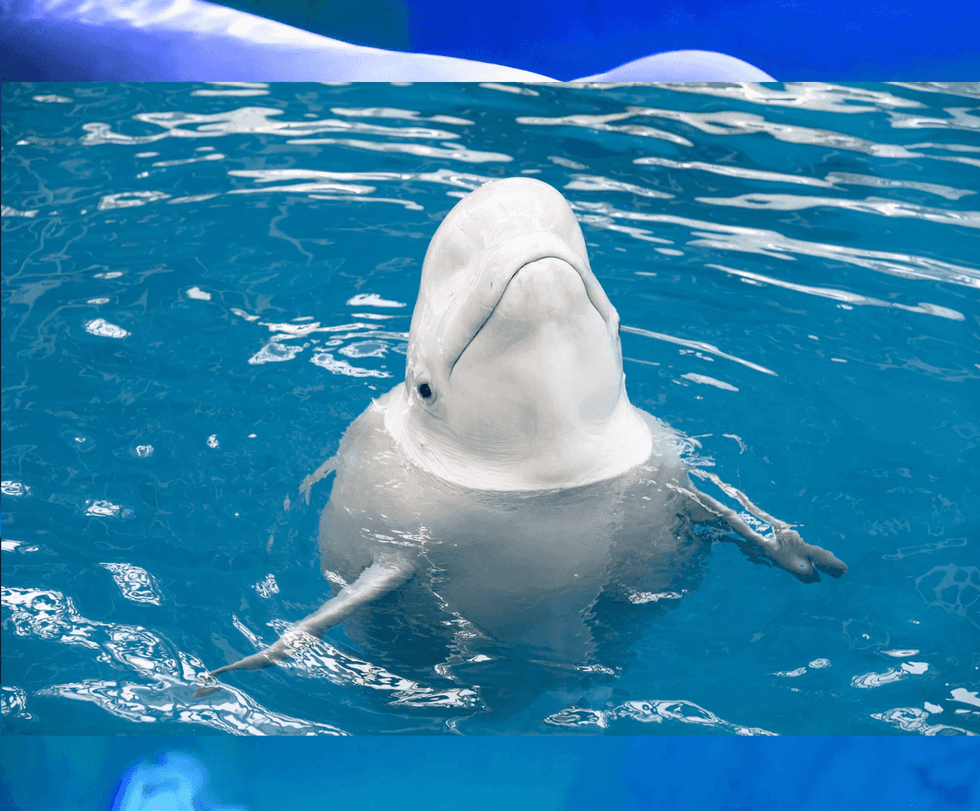 A beluga whale pops up from the waterCanva
A beluga whale pops up from the waterCanva 

 A woman sits in a new car at a dealershipCanva
A woman sits in a new car at a dealershipCanva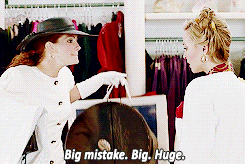 GIf from 'Pretty Woman' of Roberts saying "BIg mistake. Big. Huge." via
GIf from 'Pretty Woman' of Roberts saying "BIg mistake. Big. Huge." via 

 People voting. Photo credit:
People voting. Photo credit:  Young women rally. Photo credit:
Young women rally. Photo credit: 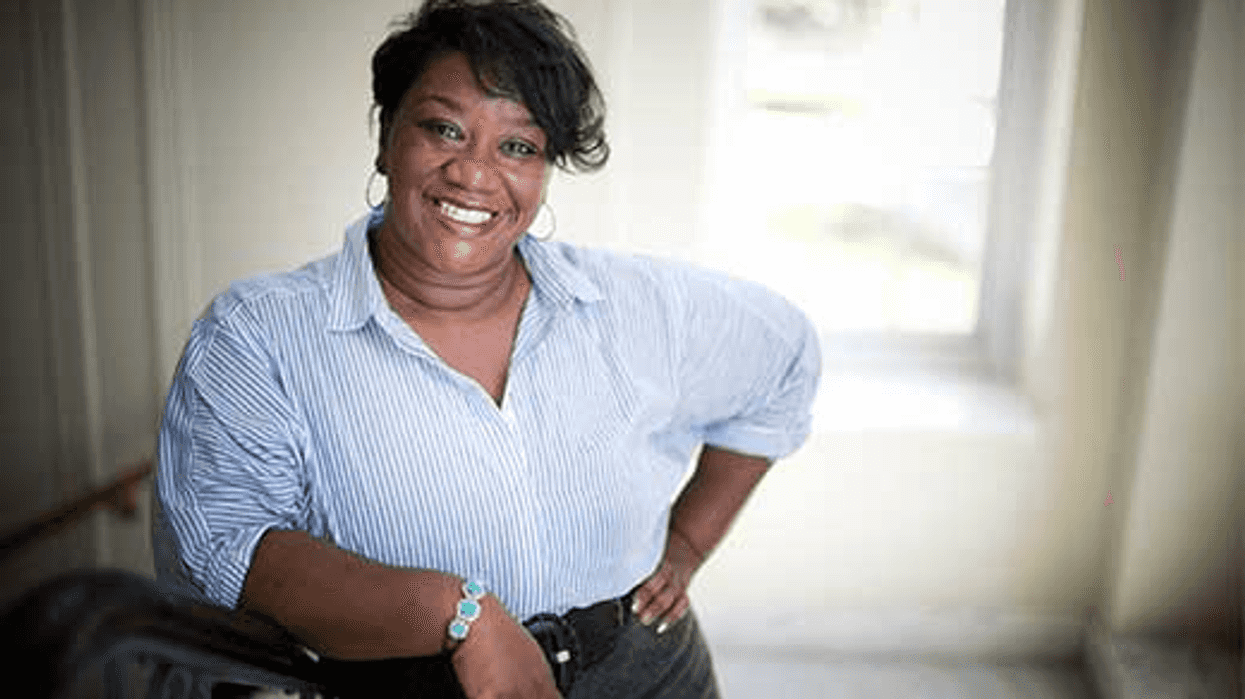 Tressie McMillan Cottom.Tressie McMillan Cottom/
Tressie McMillan Cottom.Tressie McMillan Cottom/ 
 Winter weather.
Winter weather. 
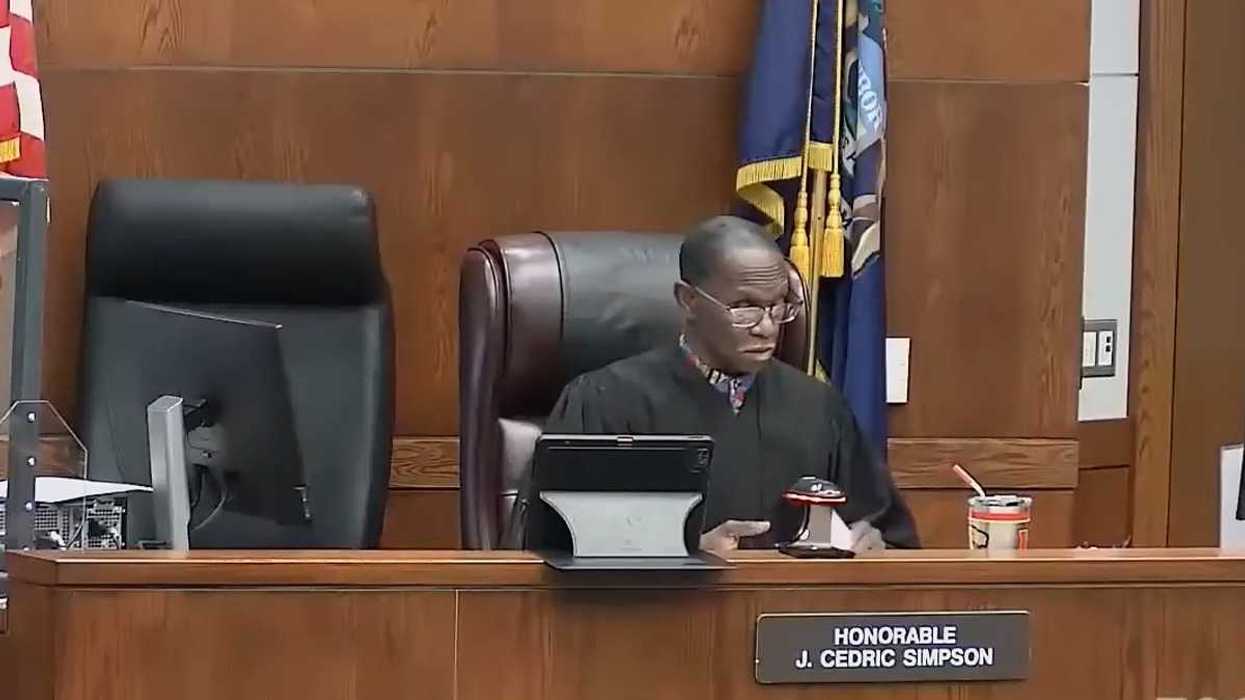 Honorable J. Cedric Simpson at work in the courtroom.Image from
Honorable J. Cedric Simpson at work in the courtroom.Image from 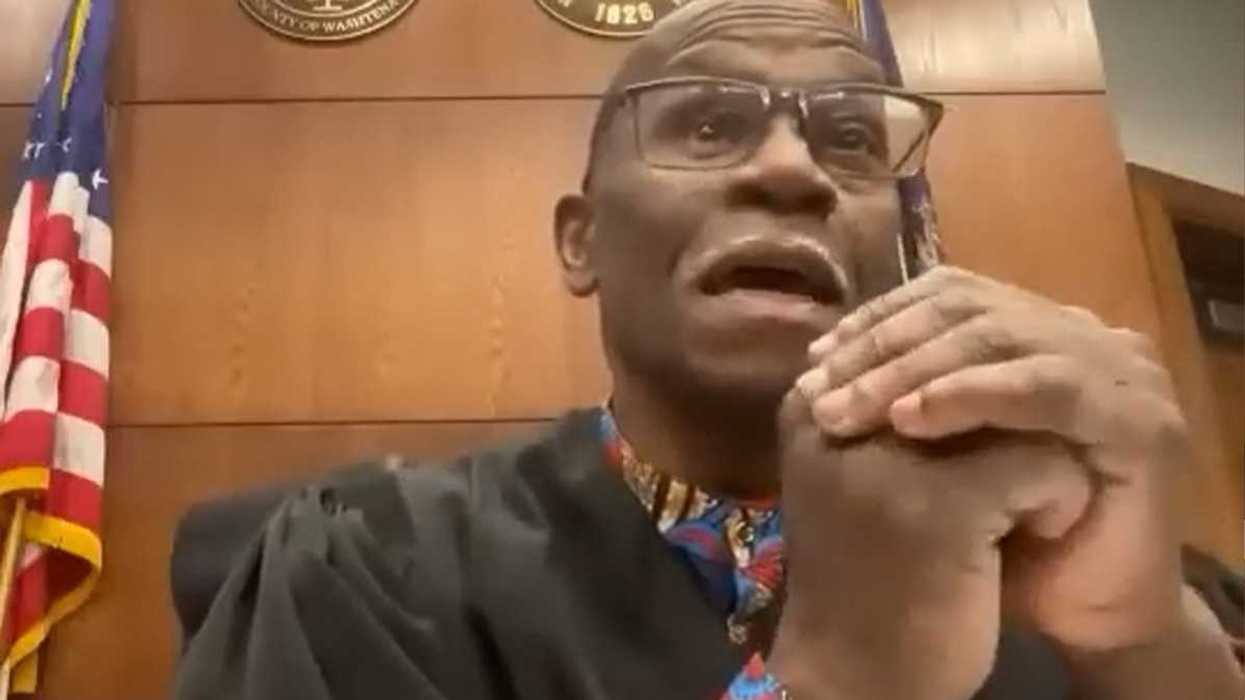 A close up of Judge Simpson.Image from
A close up of Judge Simpson.Image from